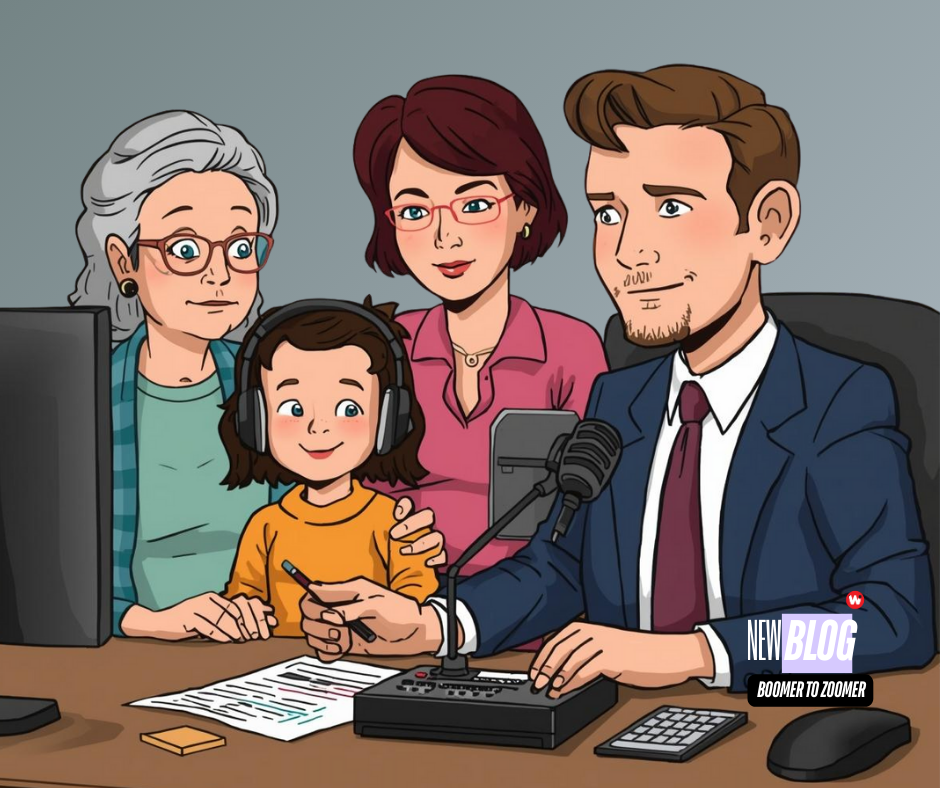Making the Play list - Tips for getting your music heard
- May 31, 2020
- 3 min read
Updated: Jun 2, 2020
Radio play is the the holy grail for most producers, and high rotation is a songwriters dream. So, how do radio stations determine what goes on air, and what doesn't? Which songs get high rotation and which don't.

Like most radio stations, here at The Wireless we have a music policy which helps us to decide what songs get played out on air. Included in the policy are things like the file format the song is in, the genres we play and the guidelines for submitting your track to the station. To save you some time if you're planning on submitting your song to radio station here are five handy things to know
#HandyThing1 - Licence Scope
Every terrestrial radio station requires a licence to operate. The licence will outline the type of music the radio station is allowed to play. So for example, a station considered 'adult contemporary' is unlikely to play heavy metal. A station licenced as classical will not play hip hop. Online radio stations function a little differently in that they determine what they play, and this may vary. Generally however stations have a policy on music so, before you submit a track to any station, do your homework, and check their music policy and licence. If that's not possible, tune in to the station for an hour or two and listen to the typical music line up.
This will save you time and money by targeting those stations that play your specific genre
#HandyThing2 - Production and format
The production of a track is very important in terms of broadcast quality. This means that poor quality recording, mixing and mastering will not get airplay. Also explicit lyrics are a big no no. Most stations sign a broadcast code of conduct so tracks with offensive language will not be aired. You may have written the next hit, but if the track is not broadcast quality it won't sound good when played out. So what is broadcast quality? Broadcast quality basically means that the track sound is produced to a standard that can be played out on air. This includes the levels, the quality of file, and the mix of the track. A well produced track will have a much better chance of getting played. The format that you supply your track in to a station is also important. Low quality MP3's may work for submission but a higher format MP3 or maybe even a wav. file will be necessary for on air. Remember the station has it's quality sound to protect.
Register you track, show off your style, and tell your story.
#HandyThing3- Song length
Typically radio songs are about 3 minutes 40 seconds, hence the common creation of a radio edit. Radio programming is quite fast moving and a song that goes on for too long, is less likely to get air time. The exception to this is house music, but consider a handy radio edit when writing and submitting your track.
#HandyThing4 - Is it registered?
So you've produced a brodcast quality track, but your song is not registered with a music rights agency, then a station will be reluctant to play it. Radio stations are accountable to music collection agencies for all music played out, so it's well worth registering yourself and your music, with a music rights agency. They will montior and collect royalties on your behalf and they help you to protect your copyright. In South Africa, it's SAMRO and SAMPRA, and registration is free. You can register yourself and your tracks online for free here: https://www.samro.org.za/ and here: https://www.sampra.org.za/
#HandyThing5 - Make it memorable
Music compilers at radio stations across the world, recieve countless submissions of music on a daily basis. So much, that it is not possible to listen to every single track the whole way through. Therefore, to get your track noticed, it needs to be memorable. This can work three ways. Firstly, Do your home work and find out who the music compiler is for the station and address them directly. Secondly, the intro email. Make sure when submitting the song, you introduce yourself, your track, and a bit of a biography, they then know you are and what your track is about, and you never know if that information may lead to an interview. Finally The track it's self. Your track will be subject to a music listening session amongst many other tracks. You therefore have approximately 30 seconds to a minute to grab the music committess attention.
So now you've reached the end of the article, bear these points in mind and happy submitting


Comments